Some owners of the 2020 models of Apple's MacBook Air and 13-inch MacBook Pro are said to be having problems with some USB 2.0 accessories connected through USB hubs.
An unknown number of users are reporting issues with connecting USB 2.0 devices via a hub to the 2020 models of the MacBook Air, and 13-inch MacBook Pro. Reportedly, devices randomly disconnect, and the only element in common is that the connection has been through a hub.
"At random times during the day (2-3 times a day) my Logitech G602 mouse and external Apple Keyboard will stop responding completely and only a reboot will restore functionality," user "Retens" said on Apple's support forums. Disconnecting/reconnecting the USB Hub does not resolve the issue."
The issue was first spotted by MacRumors, which reports similar cases of disconnections, and freezing. Reportedly, the issue occurs across multiple different hubs, and with many different types of USB 2.0-based accessories.
As well as disconnecting and reconnecting the USB hub, users have rebooted, used Disk Utility, and even different user logins. One user on Reddit reports having found a workaround by changing to a CalDigit Thunderbolt 3 dock which uses terminating proxies. Essentially, terminating proxies take the USB 2.0 accessory that is locally connected to the dock, and presents the peripherals to the host Mac as being USB 3.0 devices.
Following the story discovery on Wednesday evening, AppleInsider has conducted further testing. We couldn't reliably recreate the disconnect or freeze with a single USB 2.0 accessory connected to an Amazon Basics HU3770V1 or TP-Link UH-720 hub, but could get it to lock up with two devices on occasion.
We also tried a variety of Thunderbolt 3 docks and eGPU enclosures with USB-A ports. Nearly every dock we tried uses terminating proxies for USB, side-stepping the problem. Devices using terminating proxies will identify positively as USB 3.0 devices in System Profiler, despite only listed being capable of USB 2.0 speeds.
While users have reported contacting Apple Support about the issue, Apple has yet to comment publicly.
 William Gallagher
William Gallagher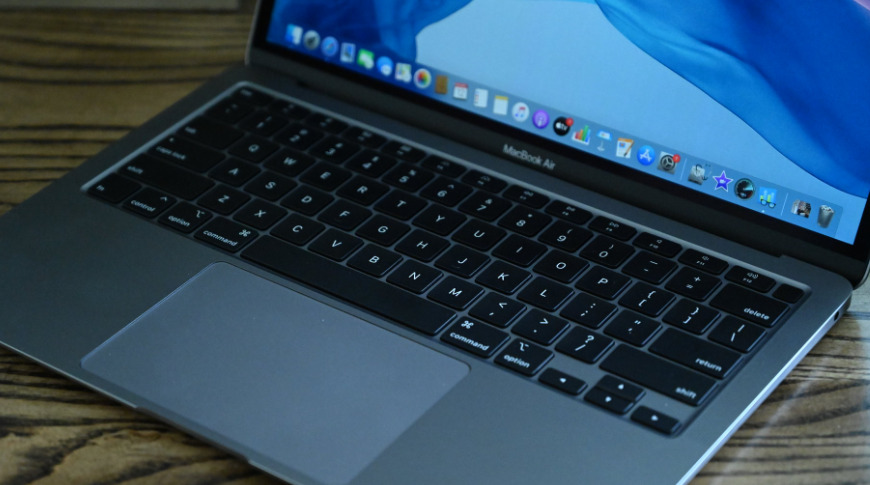




-m.jpg)


-m.jpg)





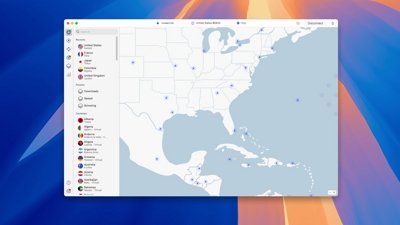
 Malcolm Owen
Malcolm Owen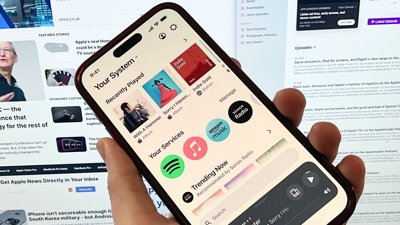

 Amber Neely
Amber Neely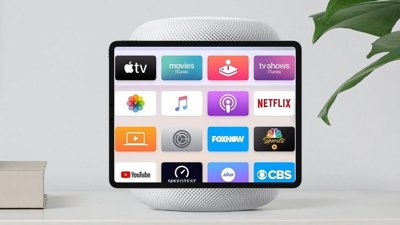
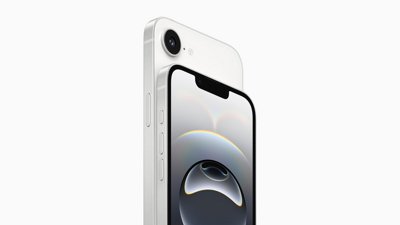
 Andrew Orr
Andrew Orr
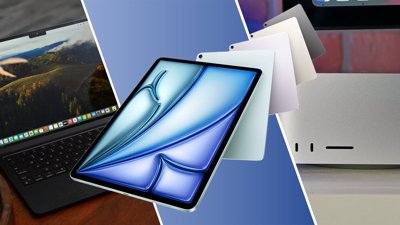
 Christine McKee
Christine McKee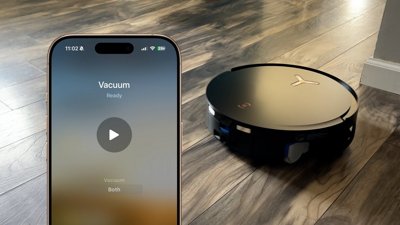
 Andrew O'Hara
Andrew O'Hara

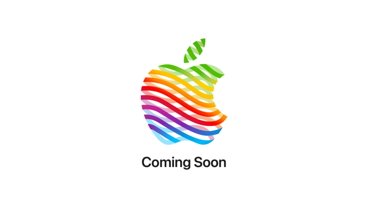




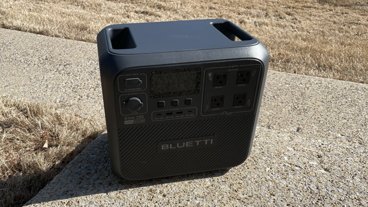

13 Comments
Of course the firmware of these USB 2 devices are perfect and flawless, right. They comply with the standard... until they don't. Look, this could indeed be a problem with the Macs involved but travel down memory lane with me to the time when an OS X update caused cheap, third party RAM to stop being recognized. Oh the outrage, the claims of skullduggery by Apple to force people to buy only Apple RAM. The whirlwind continued until some clever individual figured out the firmware on the RAM that failed was not quite right and that Apple's recent update tightened requirements for RAM acceptance. A patch for the bad RAM was even developed so it would be recognized again by Apple's hardware. That episode pointed out that the truth often reveals itself later on and we'll find out what's really going on here too.
In the meantime, of course, this new "USB-gate" will grow legs, become a viral "thing" on tech blogs, spawn class-actions, and turn Apple into a punching bag once again. Before we even know what's going on.
If only a macbook came with an actual USB-A port this would not be happening. Imagine.
I've had this issue many times. It's like playing whack-a-mole with the four ports on my 16" MBP...